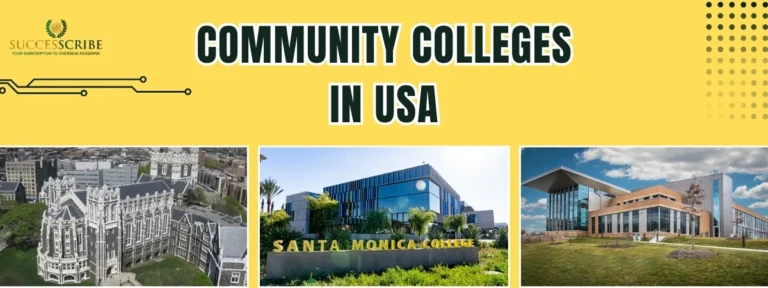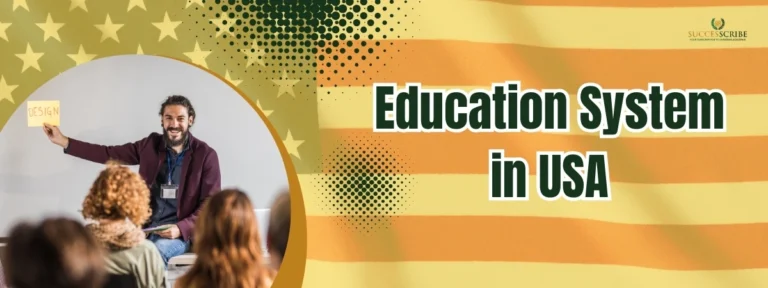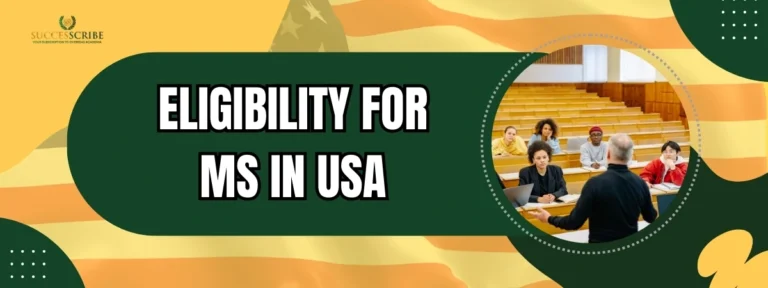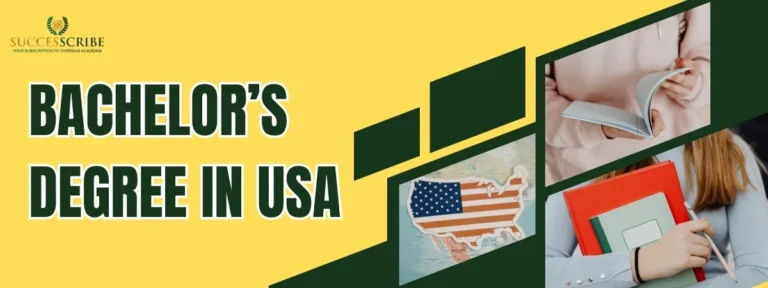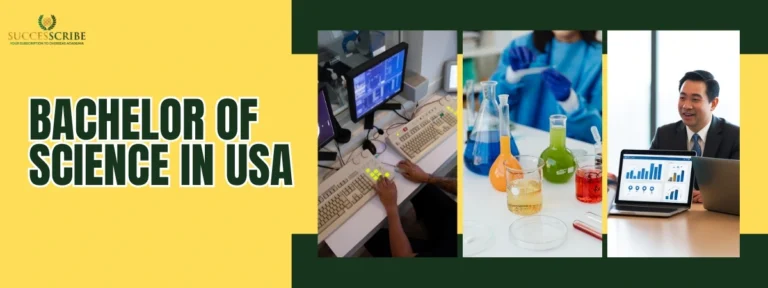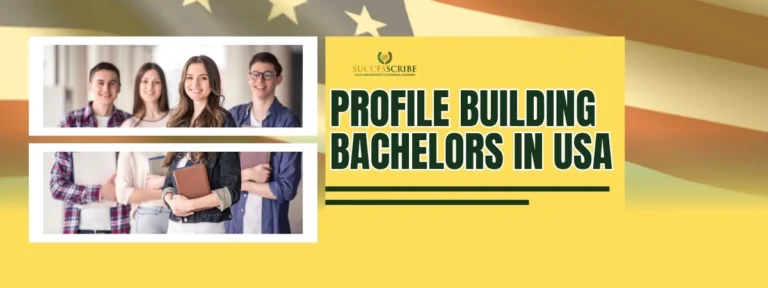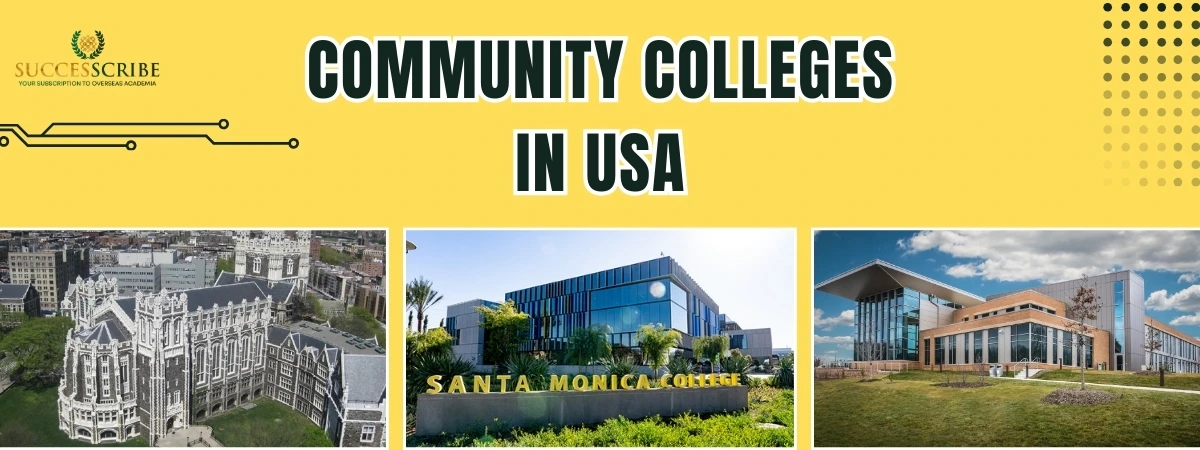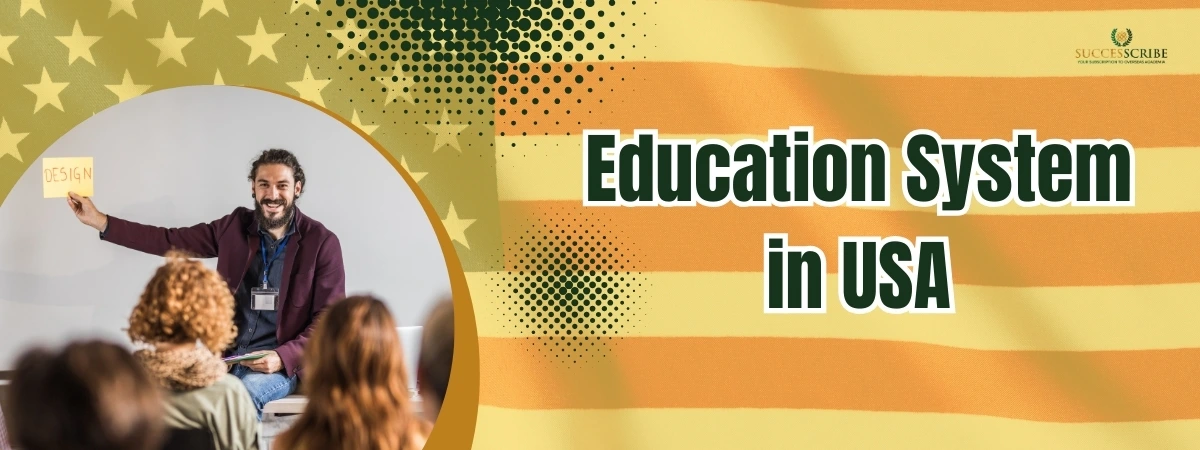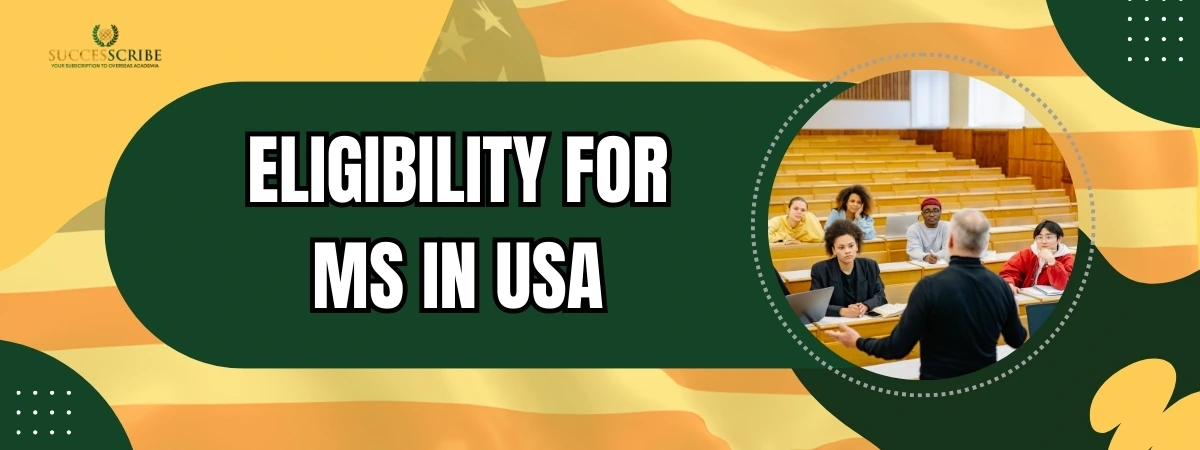Traditionally, many top-tier MBA programs in the USA ask for 2–5 years of prior work experience. But what if you haven’t worked professionally yet? Is an MBA in USA without work experience possible? The answer is a resounding YES.
This detailed topic provides comprehensive information on how to pursue an MBA in the USA without work experience, the best universities offering such opportunities, eligibility criteria, admission requirements, pros and cons, alternatives, scholarships, cost breakdowns, and other important information.
Why Consider an MBA in USA Without Work Experience?
If you’re a recent graduate aiming for global exposure, an MBA in USA without work experience can be a game-changing decision.
- Early Career Advantage: Starting early allows students to gain managerial knowledge before entering the workforce.
- Global Recognition: U.S. MBAs are globally respected and open doors to international job markets.
- Leadership Development: MBA programs help students develop leadership, critical thinking, and communication skills.
- Internship Opportunities: Many universities offer internships as part of the program, compensating for lack of prior experience.
- Post-MBA Work Options: With Optional Practical Training (OPT), international students can work in the USA for up to 12–36 months post-graduation.
- Build a Strong Professional Network Early: Business schools in the USA provide extensive alumni and peer networking opportunities.
Is Work Experience Mandatory for MBA in the USA?
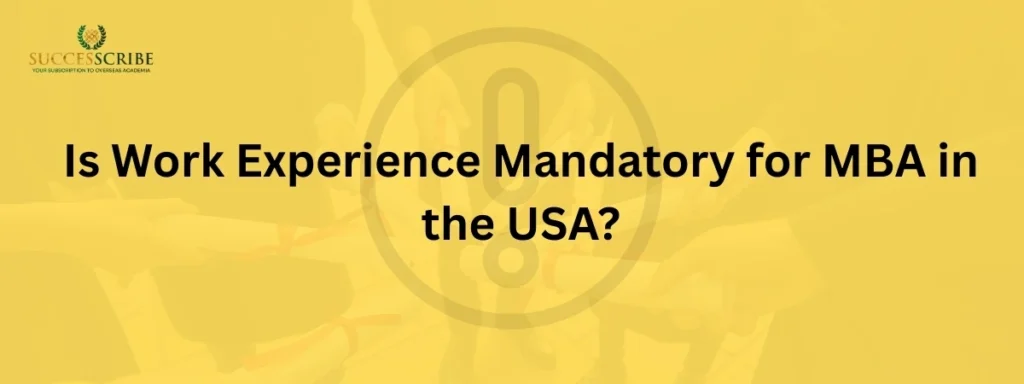
While most top-tier MBA programs (like Harvard, Stanford, and Wharton) prefer applicants with 2-5 years of work experience, many universities in the U.S. do not mandate it. These programs are more focused on academic excellence, leadership potential, and career goals.
According to a GMAC (Graduate Management Admission Council) survey, around 29% of MBA applicants globally are fresh graduates or have less than one year of work experience.
Some U.S. universities are adopting holistic admissions practices, assessing the candidate’s potential based on leadership in academic projects, extracurricular involvement, and internship exposure.
Expand your knowledge: MBA in USA without GMAT
The Case For and Against Early MBA Pursuit
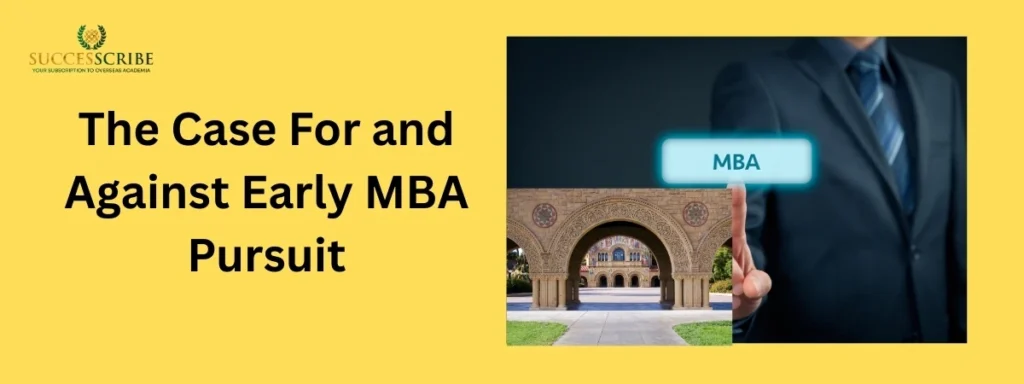
While an MBA in USA without work experience accelerates your career, some employers still prefer candidates with pre-MBA industry exposure.
Benefits of Early MBA Pursuit:
- Career Acceleration: Entering the workforce with an MBA qualification can potentially fast-track your career progression
- Higher lifetime earnings: Earlier completion means more years to capitalize on the MBA salary premium
- Clear direction: Helps establish career focus before developing deep experience in potentially unrelated fields
- Academic momentum: Easier transition for those coming directly from undergraduate studies
- Lower opportunity cost: Less foregone salary compared to mid-career professionals
Challenges of Early MBA Pursuit:
- Limited context for academic learning: Difficulty relating theoretical concepts to workplace realities.
- Competitive disadvantage in recruitment: Some employers prefer MBA graduates with pre-degree work experience
- Less developed professional network to leverage during and after the program
- Higher burden to demonstrate leadership potential without professional accomplishments
- Potential perception as “too inexperienced” by some professors and classmates
Expand your knowledge: MBA in USA or UK
Statistical Snapshot: Early-Career MBA Trends
One of the most common myths about MBA programs in the USA is that you must have years of work experience to be eligible. While it’s true that many top programs prefer applicants with professional exposure, several prestigious universities in the United States now accept candidates without any full-time work experience.
| Metric | Data Point |
| Average age of MBA students at top 20 U.S. programs | 28 year |
| Percentage of U.S. MBA programs explicitly accepting fresh graduates | 23% |
| Average GMAT score for admitted students with <2 years experience | 722 (vs. 710 overall average) |
| Percentage of employers expressing preference for MBA hires with pre-MBA experience | 67% |
| Average starting salary difference between experienced vs. non-experienced MBA grads | $12,500 annually |
| Five-year career advancement rate comparison | 74% (with pre-MBA experience) vs. 62% (without) |
Top USA Business Schools Offering MBA Without Work Experience
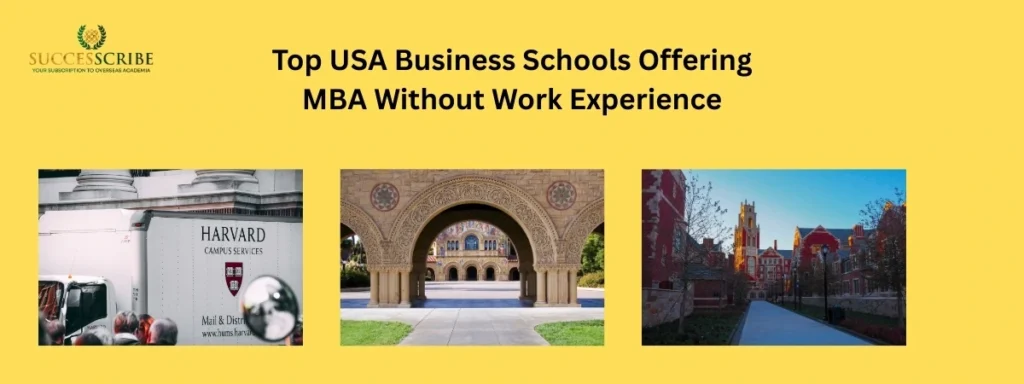
While most top-tier MBA programs prefer candidates with work experience, some universities accept students directly from undergraduate programs. Below is a list of top US business schools that admit students without work experience:
| University | Average Work Experience (Years) | GMAT/GRE Requirement |
| Harvard Business School | 0-2 | 730+ GMAT / 330+ GRE |
| Stanford GSB | 0-2 | 730+ GMAT / 330+ GRE |
| Yale SOM | 0-1 | 720+ GMAT / 325+ GRE |
| Chicago Booth | 0-2 | 710+ GMAT / 320+ GRE |
| MIT Sloan | 0-2 | 720+ GMAT / 325+ GRE |
| NYU Stern | 0-2 | 700+ GMAT / 315+ GRE |
| UC Berkeley Haas | 0-2 | 710+ GMAT / 320+ GRE |
| University of Rochester | 0-1 | 650+ GMAT / 310+ GRE |
| Pace University | 0-1 | 550+ GMAT / 300+ GRE |
| Suffolk University | 0-1 | 550+ GMAT / 300+ GRE |
| California State University | 0-1 | 550+ GMAT / 300+ GRE |
| Babson College | 0-1 | 600+ GMAT / 305+ GRE |
| University of Tampa | 0-1 | 500+ GMAT |
| Hult International Business School | 0-1 | 600+ GMAT |
| Purdue Krannert | 0-1 | 630+ GMAT / 310+ GRE |
| Suffolk University | 0-0.5 | 550+ GMAT / 300+ GRE |
Expand your knowledge: Top MBA colleges in USA
Popular MBA Specializations for Students without Work Experience

Pursuing an MBA without work experience can be challenging, but choosing the right specialization can boost employability, salary potential, and career growth. Some MBA specializations are more suitable for freshers because they rely on technical skills, analytical abilities, and academic knowledge rather than prior work experience
- Marketing Management
- Business Analytics
- Finance and Accounting
- International Business
- Entrepreneurship
- Operations Management
- Human Resource Management
- Information Technology Management
- Supply Chain Management
Ranking of Specializations by Early-Career Employment Outcomes
| Specilization | Employment Rate(3 months) | Average Starting Salary | Career Progression (5-year) |
| Business Analytics | 93% | $128,500 | High |
| Technology Management | 91% | $125,000 | High |
| Entrepreneurship | 76% | $102,000 | Variable |
| Marketing | 89% | $115,000 | Medium-High |
| Finance (Quantitative Focus) | 88% | $120,000 | Medium-High |
| Supply Chain Management | 90% | $112,000 | Medium |
| International Business | 82% | $105,000 | Medium |
| General Management | 80% | $110,000 | Low-Medium |
Expand your knowledge: MBA in business analytics in USA
Best MBA Specializations for Freshers (No Work Experience Required)
Compensate for lack of professional experience in your MBA in USA without work experience application by highlighting leadership in internships or academics. Here are the top MBA specializations for students with little to no work experience, along with career prospects and salary expectations.
1. MBA in Business Analytics (Best for Freshers)
Why?
- High demand for data-driven decision-making in companies.
- Freshers can excel with strong quantitative skills (no work exp. needed).
- STEM-designated programs offer 3-year OPT work visa for international students.
Average Salary:
- 90,000−130,000 (Entry-level roles)
- Top employers: Google, Amazon, McKinsey, Deloitte
Top Schools Offering MBA in Business Analytics for Freshers:
- MIT Sloan (MBA with Business Analytics)
- UT Austin McCombs (MBA with Analytics Focus)
- USC Marshall (MBA in Business Analytics)
2. MBA in Finance (Good for Freshers with Strong Math Skills)
Why?
- Investment banks & financial firms hire MBA freshers for analyst roles.
- Strong GMAT/GRE quant scores can compensate for lack of experience.
- High earning potential even at entry-level.
Average Salary:
- 85,000−120,000 (Investment Banking, Corporate Finance)
- Top employers: Goldman Sachs, JP Morgan, Morgan Stanley
Top Schools Offering MBA in Finance for Freshers:
- Wharton (Finance Major)
- NYU Stern (MBA in Financial Instruments & Markets)
- Chicago Booth (Finance Specialization)
3. MBA in Marketing (Best for Creative Freshers)
Why?
- Companies like Amazon, Unilever, and Procter & Gamble hire MBA freshers for brand management & digital marketing roles.
- Success depends on creativity, internships, and case study performance rather than prior work experience.
Average Salary:
- 75,000−110,000 (Brand Manager, Digital Marketing Analyst)
- Top employers: Nike, Coca-Cola, Google, Facebook
Top Schools Offering MBA in Marketing for Freshers:
- Kellogg School of Management (Marketing Major)
- Ross School of Business (MBA in Marketing Strategy)
- UCLA Anderson (Marketing Specialization)
4. MBA in Technology Management / Information Systems
Why?
- Tech companies (Google, Microsoft, Apple) hire MBA freshers for Product Management & IT Consulting.
- Coding knowledge (Python, SQL) is a plus but not mandatory.
Average Salary:
- 100,000−150,000 (Product Manager, IT Consultant)
- Top employers: Microsoft, Amazon, IBM, Salesforce
Top Schools Offering MBA in Tech for Freshers:
- MIT Sloan (MBA in Technology & Operations)
- UC Berkeley Haas (MBA with Tech Focus)
- Carnegie Mellon Tepper (MBA in Information Systems)
5. MBA in Entrepreneurship (For Freshers with Startup Experience)
Why?
- If you have startup experience (college ventures, internships), this specialization helps.
- Schools like Stanford & Babson support student entrepreneurs.
Average Salary:
- Varies (Founders earn equity, consultants make $80K+)
- Top employers: VC firms, startup accelerators, incubators
Top Schools Offering MBA in Entrepreneurship for Freshers:
- Stanford GSB (Startup Focus)
- Babson College (Entrepreneurship MBA)
- Harvard Business School (Entrepreneurial Management)
Expand your knowledge: MBA in finance in USA
Admission Requirements for MBA Without Work Experience
Applicants interested in an MBA in USA without work experience should have excellent academic records, strong leadership potential, and good test scores.
- GPA Requirement: Minimum 3.0/4.0 (Top schools prefer 3.5+).
- GMAT/GRE Scores:
- Top 10 MBA: 700+ GMAT / 320+ GRE
- Top 20-50 MBA: 650+ GMAT / 310+ GRE
- Extracurricular & Leadership Experience
Internships, research projects, or startup experience can compensate for lack of work experience.
Example: A student who led a college entrepreneurship club has a stronger profile.
- Strong Letters of Recommendation
Recommendations from professors, internship supervisors, or mentors are crucial.
- Statement of Purpose (SOP) & Essays
Must explain:
- Why an early MBA?
- Career goals & how the MBA fits in
- Leadership potential
- Interview Performance
Some schools conduct interviews to assess communication skills and motivation.
Expand your knowledge: MBA fees in USA
Application Strategy Tips for Students Without Work Experience

Successful applicants for MBA in USA without Work Experience programs typically compensate with exceptional academic performance and leadership activities.
- Highlight Leadership Potential: Showcase roles in college clubs, NGOs, or student government.
- Leverage Internships: Include summer internships or part-time research projects.
- Craft a Strong SOP: Express why pursuing MBA now is the right choice.
- Secure Strong Recommendations: Academic references who can comment on your problem-solving, teamwork, and analytical skills.
Financial Aid and Scholarship Opportunities
The career services office plays a crucial role for students completing an MBA in USA with zero work experience, helping bridge the experience gap through networking opportunities. Early-career applicants may have access to specific funding opportunities:
1. Merit-Based Scholarships
- Higher academic achievement often required (average GPA of 3.8+ for full scholarships)
- Strong test scores typically expected (740+ GMAT or 330+ GRE)
- 22% of early-career MBA students receive significant merit scholarships (vs. 18% overall)
2. Early Career-Specific Fellowships
- Programs like Yale Silver Scholars offer specialized funding
- Future leader awards at schools like Rochester Simon
- Young professional grants at institutions like Boston University
3. External Funding Sources
- Forté Foundation Fellowships for women in business
- The Consortium for Graduate Study in Management
- QS Leadership Scholarships
- Employer sponsorship for those with some work experience
Different Types of MBA Programs for Candidates Without Work Experience

Early Career MBA Programs represent the most structured pathway for obtaining an MBA in USA without Work Experience, offering specialized support systems.
1. Early Career MBA Programs
Several institutions have developed specialized MBA programs specifically designed for recent graduates and those with minimal work experience. These programs typically incorporate:
- Extended internship opportunities (often including multiple internships)
- Structured career development workshops
- Mentorship programs pairing students with industry professionals
- Foundational business courses before advancing to complex applications
- Additional leadership development activities
Notable Early Career MBA Programs:
- Harvard 2+2 Program (deferred admission)
- Yale Silver Scholars Program
- Stanford GSB Deferred Enrollment
- MIT Sloan Early Admission
- Chicago Booth Scholars Program
2. Direct-Entry MBA Programs
Some traditional MBA programs explicitly welcome applications from candidates with limited or no work experience, evaluating them on other merits:
- Academic excellence
- Leadership potential demonstrated through extracurricular activities
- Entrepreneurial initiatives
- Research accomplishments
- Exceptional standardized test scores
Programs Known for Direct Entry Consideration:
- Boston University Questrom School of Business
- University of Rochester Simon Business School
- Purdue University Krannert School of Management
- University of Pittsburgh Katz Graduate School of Business
- University of Notre Dame Mendoza College of Business
3. Deferred Admission Programs
These programs allow undergraduate students to apply and secure admission to MBA programs before gaining work experience. Successful applicants typically:
- Receive guaranteed admission to the MBA program
- Work for 2-5 years in approved roles
- Enter the program with their cohort after gaining experience
Leading Deferred Admission Programs:
- Harvard Business School 2+2 Program
- Stanford GSB Deferred Enrollment
- Wharton Moelis Advance Access Program
- Columbia Business School Deferred Enrollment Program
- MIT Sloan MBA Early Admission
- Chicago Booth Scholars Program
4. Accelerated MBA Programs
These condensed programs offer a faster path to an MBA degree, often completed in 12-18 months rather than the traditional two years:
- More intensive course load
- Fewer elective options
- Often designed for students with specific academic backgrounds
- May include summer sessions
Notable Accelerated Programs:
- Northwestern Kellogg One-Year MBA
- Cornell Johnson One-Year MBA
- Emory Goizueta One-Year MBA
- Notre Dame Mendoza One-Year MBA
- USC Marshall IBEAR MBA
Conclusion
Pursuing an MBA in USA without work experience is not only possible, but can also be incredibly strategic for students with strong academic records, leadership potential, and clear career goals. By choosing the right specialization, preparing a standout application, and targeting early-career-friendly programs, you can launch a rewarding business career much earlier than most.
FAQs
Can I get into a top MBA program in the USA with no work experience?
Yes, it’s possible, though more competitive. Programs like Harvard’s 2+2, Yale’s Silver Scholars, and Stanford’s deferred enrollment specifically target candidates with minimal or no work experience. These programs assess candidates based on academic excellence, leadership potential, and clear career vision rather than professional history.
Will I face disadvantages in the job market with an MBA but no pre-MBA work experience?
Some challenges exist 67% of employers prefer MBA hires with pre-MBA experience, and there’s an average starting salary difference of about $12,500 annually. However, choosing the right specialization, leveraging internship opportunities during your program, and demonstrating exceptional skills can help overcome this gap.
How can I strengthen my MBA application without work experience?
1. Showcase internships, projects, and academic leadership
2. Craft a compelling Statement of Purpose (SOP)
3. Secure strong recommendation letters from professors
4. Achieve high GMAT/GRE scores
5. Highlight extracurriculars and personal achievements
What are the alternatives to an MBA without work experience?
Alternatives to an MBA in USA with zero work experience include Master’s in Management (MiM) programs, though they typically offer lower salary potential post-graduation
1. Master’s in Management (MiM) – Designed for freshers
2. Specialized Master’s (MS in Finance, Business Analytics, etc.)
3. Work for 2–3 years, then apply for a traditional MBA
What are the disadvantages of an MBA without work experience?
1. Harder to relate to class discussions (Less real-world context)
2. Some employers prefer experienced MBA hires
3. Networking may be tougher (Peers often have work backgrounds)
Is GMAT or GRE required for MBA in the USA without work experience?
Most universities still require GMAT or GRE scores, though some offer waivers or are test-optional for strong candidates.
What are deferred MBA programs in the USA?
Deferred MBA programs allow final-year students to secure admission now and join after 2–3 years of work. It’s perfect for those planning long-term and still building experience.
Further reading
MBBS in USA for Indian students
Cost of MBBS in USA for Indian students
MBBS in USA without NEET
Top medical colleges in USA


